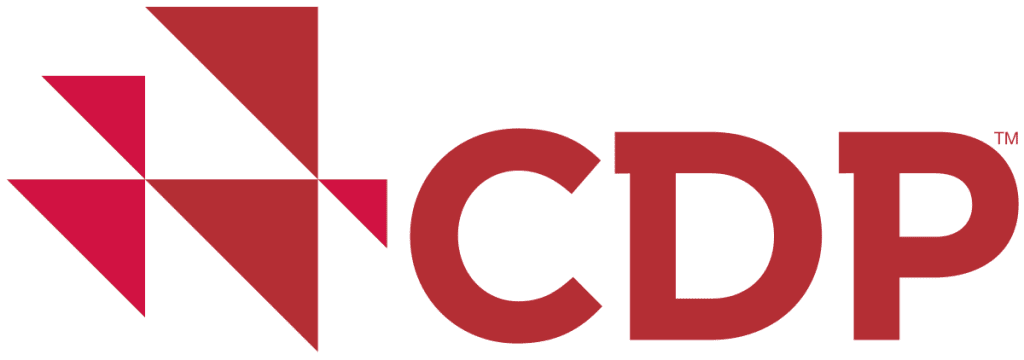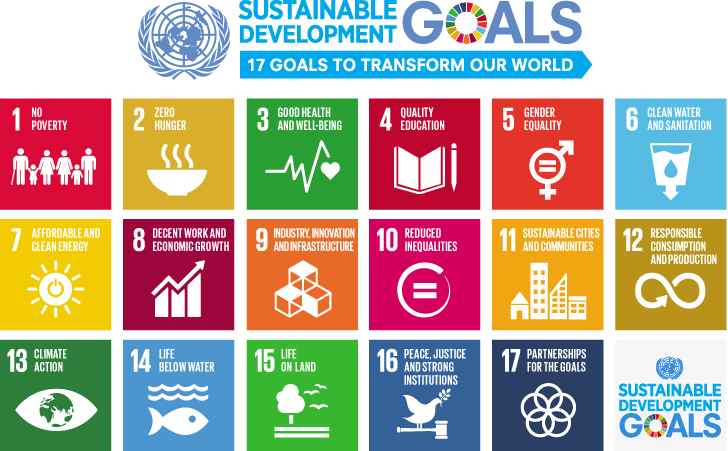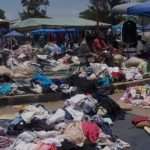The field of sustainability and ESG reporting can sometimes feel like navigating a dense forest, with standards and frameworks sprouting up like trees in all directions.
What begins as a simple walk soon becomes an exploration through a complex ecosystem, each element interconnected yet distinctive in form.
As more organizations endeavor to benchmark and communicate their environmental, social and governance impacts, they find themselves in need of a guiding path.
Several well-established frameworks have emerged over time, their branching guidelines structuring the way companies inventory, measure and disclose non-financial impacts.
Some focus narrowly on specific issue areas like greenhouse gas emissions or water use. Others take a more holistic view of sustainability performance.
This abundance of options carries both opportunity and confusion. Corporations and their stakeholders can now choose frameworks tailored to their unique circumstances and priorities. But selecting the right standard for the journey ahead first requires grasping the lay of the land.
This article aims to shine light on the major frameworks and standards that have taken root, helping travelers gain their bearings within the forest. By understanding the distinguishing features of each, reporters can discern the pathway best suited to their destination of transparent and meaningful sustainability disclosure.
What Are Some of The Most Widely Recognised ESG Frameworks?
1. Global Reporting Initiative (GRI)

GRI is one of the most widely used frameworks for sustainability reporting. It provides comprehensive guidelines for reporting on economic, environmental, and social impacts. GRI’s reporting framework includes principles and indicators that help organizations assess and disclose their sustainability performance.
2. Sustainability Accounting Standards Board (SASB)

SASB focuses on industry-specific sustainability reporting standards. It provides a set of industry-specific metrics and disclosure topics that are material to financial performance within each industry. SASB standards help organizations identify and report on the ESG issues most relevant to their sector.
3. Integrated Reporting Framework (IR)

The IR framework encourages organizations to provide a holistic view of their value creation by integrating financial, environmental, social, and governance information into a single report. It emphasizes the connectivity between an organization’s strategy, governance, performance, and prospects.
4. Task Force on Climate-related Financial Disclosures (TCFD)

TCFD provides recommendations for disclosing climate-related financial risks and opportunities. The framework helps organizations assess and disclose the potential impact of climate change on their business, including governance, strategy, risk management, and metrics and targets.
5. Carbon Disclosure Project (CDP)

CDP is a widely used platform that enables organizations to disclose their environmental impacts, particularly related to carbon emissions, water usage, and deforestation. CDP provides a standardized platform for reporting, benchmarking, and comparing environmental performance.
6. United Nations Sustainable Development Goals (SDGs)

The SDGs provide a universal framework for addressing global challenges, such as poverty, inequality, climate change, and more. While not a reporting framework in itself, organizations can align their sustainability efforts with the SDGs and report on their contributions towards achieving these goals.
When selecting a reporting standard or framework, organizations should consider their industry, stakeholders’ expectations, and the specific sustainability issues most relevant to their operations. Many organizations choose to adopt multiple frameworks or customize their reporting approach to suit their unique circumstances.
It’s important to note that sustainability reporting is a dynamic field, and new standards and frameworks may emerge over time. Staying informed about the latest developments and regularly reviewing reporting practices is crucial for organizations committed to transparent and effective sustainability reporting.
Read more:
- Best Before Opens New Centurion Store, Challenging Pick n Pay and Checkers with Low Prices
- Local Shops Outpaced Supermarkets as Consumers Flocked to Spazas and Taverns
- Mirinda Welcomes Red Apple and Raspberry to the Family
- Kroger to close dozens of unprofitable stores in strategic restructuring
- Vendors defy ban on second-hand goods as government pushes formalization






